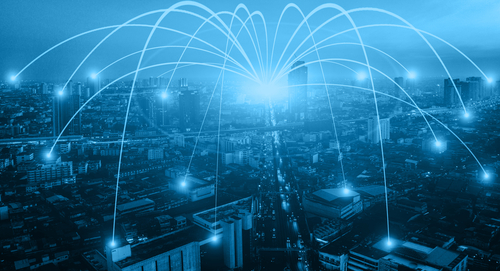Six states – Florida, Georgia, Iowa, Minnesota, Missouri, and Utah – will receive $1 billion for broadband projects as part of the American Rescue Plan’s Capital Projects Fund, the U.S. Department of Treasury said Thursday.

The projects will connect more than 180,000 homes and businesses to affordable high-speed internet, the Treasury Department said.
“The pandemic upended life as we knew it—from work to school to connecting with friends and family—and exposed the stark inequity in access to affordable and reliable high-speed internet in communities across the country in rural, Tribal, and other underrepresented communities,” Deputy Secretary Wally Adeyemo said. “This funding will lay the foundation for the Biden-Harris Administration’s historic investments to increase access to high-speed internet and reduce internet bills for American households and businesses.”
The Capital Projects Fund will provide $10 billion to states, territories, and Tribal governments for critical capital projects that enable work, education, and health monitoring during the public health emergency. To date, 22 states have been approved to invest $3 billion in CPF funds for affordable, reliable high-speed internet that reaches more than 700,000 locations.
In Florida, officials will use $248 million for broadband infrastructure, connecting an estimated 48,400 households and businesses – an estimated 10 percent of the locations still lacking access to high-speed internet. The money will fund Florida’s Broadband Infrastructure Program (BIP), a competitive grant program to expand last mile broadband access.
In Georgia, $250 million will be used to connect 70,000 households and businesses, an estimated 15 percent of locations lacking high-speed internet access. Iowa will receive $152.2 million to connect 18,972 households and businesses, Minnesota will receive $44 million, and Missouri will receive $196.7 million. Utah will receive $10 million.
Each state will participate in the FCC’s Affordable Connectivity Program, which provides a $30 subsidy for qualifying households for high-speed internet access.